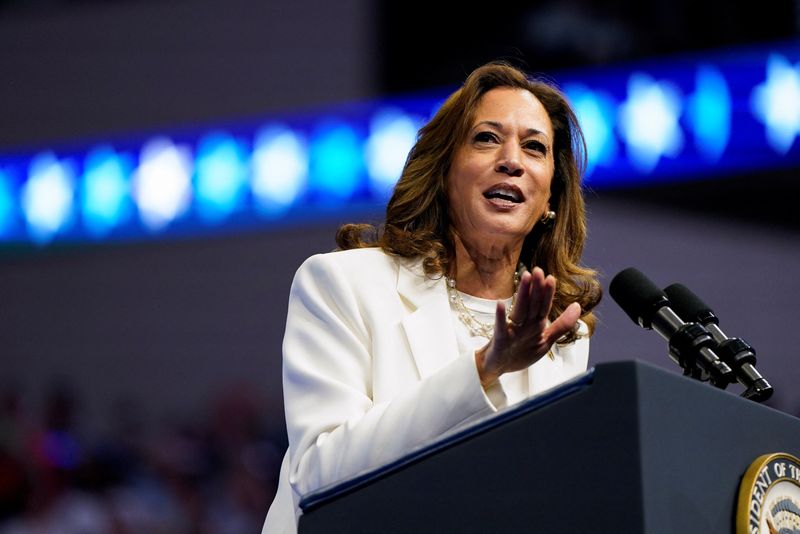
These trades represent the possible investment strategies that could follow a political shift from a Trump-centric outlook to one shaped by Harris’s policies.
The key characteristic of Harris trades, as Citi analysts point out, would likely be an initial unwinding of pro-Trump trades that are gaining traction in the lead-up to the election.
Many of these Trump-related positions are built around themes like tariffs, fiscal expansion, and deregulation, which boost inflation expectations and support a stronger U.S. dollar.
Should Harris win, these trends could be reversed, at least temporarily, as markets react to the changing political landscape.
However, Citi mentions that any sweeping Harris-driven market movement would likely be limited, particularly if Harris does not have control over Congress.
In a scenario where Harris is president but faces a divided government, her ability to push through major policy changes would be constrained.
Therefore, the market impact of a Harris victory is expected to be muted, with investors likely turning their focus back to broader macroeconomic factors.
A Harris administration might bring relative relief to certain international markets. For example, emerging markets and European equities could see some benefit from reduced geopolitical risks, which had been amplified under Trump’s trade wars and tariff policies.
With Harris in power, a more predictable foreign policy stance could help lift global markets. Additionally, the U.S. dollar might weaken as the threat of heightened trade tensions diminishes, further supporting non-U.S. equities.
In terms of commodities, a Harris win could reinforce bullish sentiment on precious metals like gold, while softening oil prices.
These moves, though, would be less about Harris’s policies and more about the broader relief that Trump-related uncertainties, such as aggressive tariff policies, would no longer be in play.
To read the full article, Click Here
